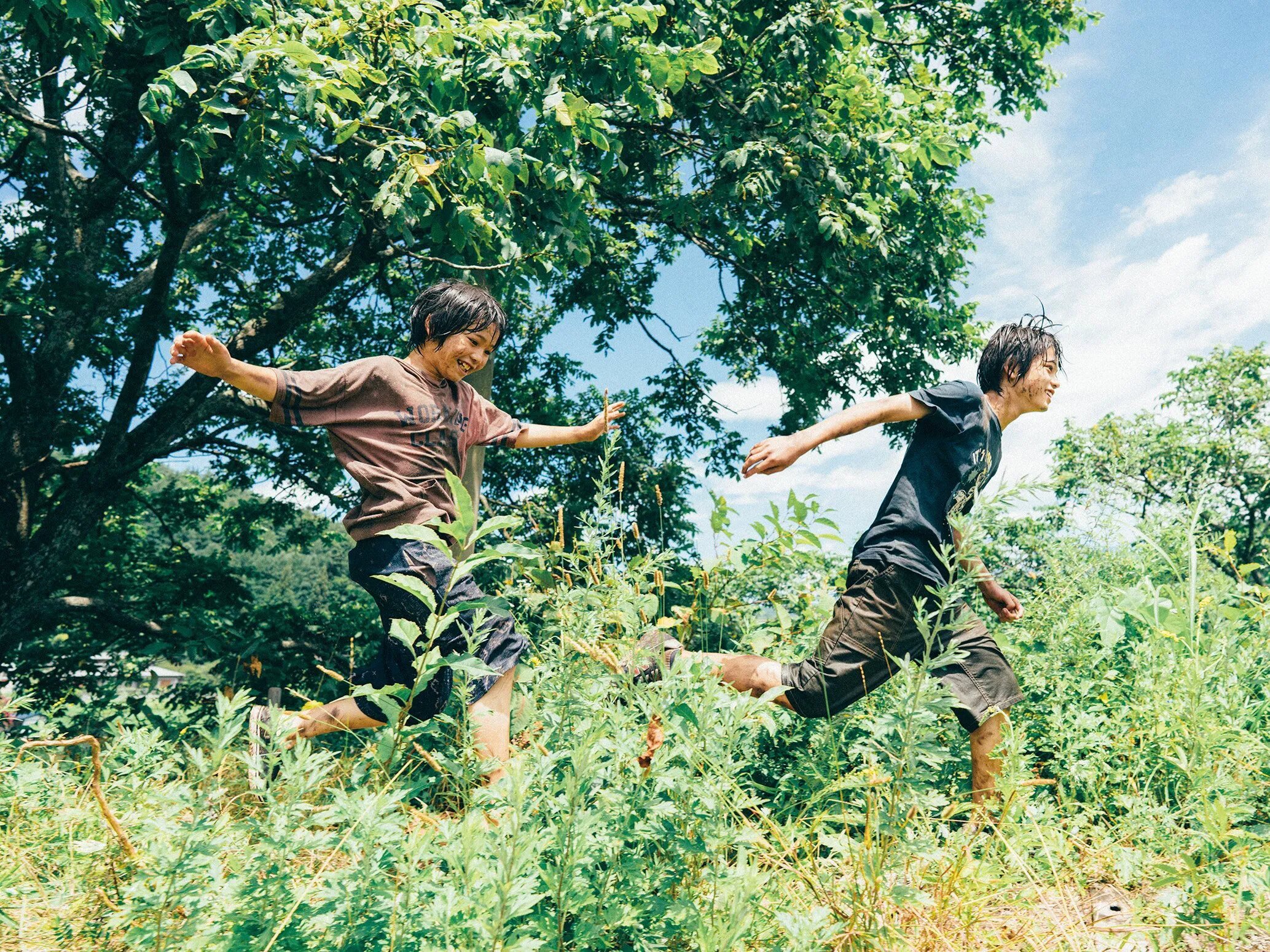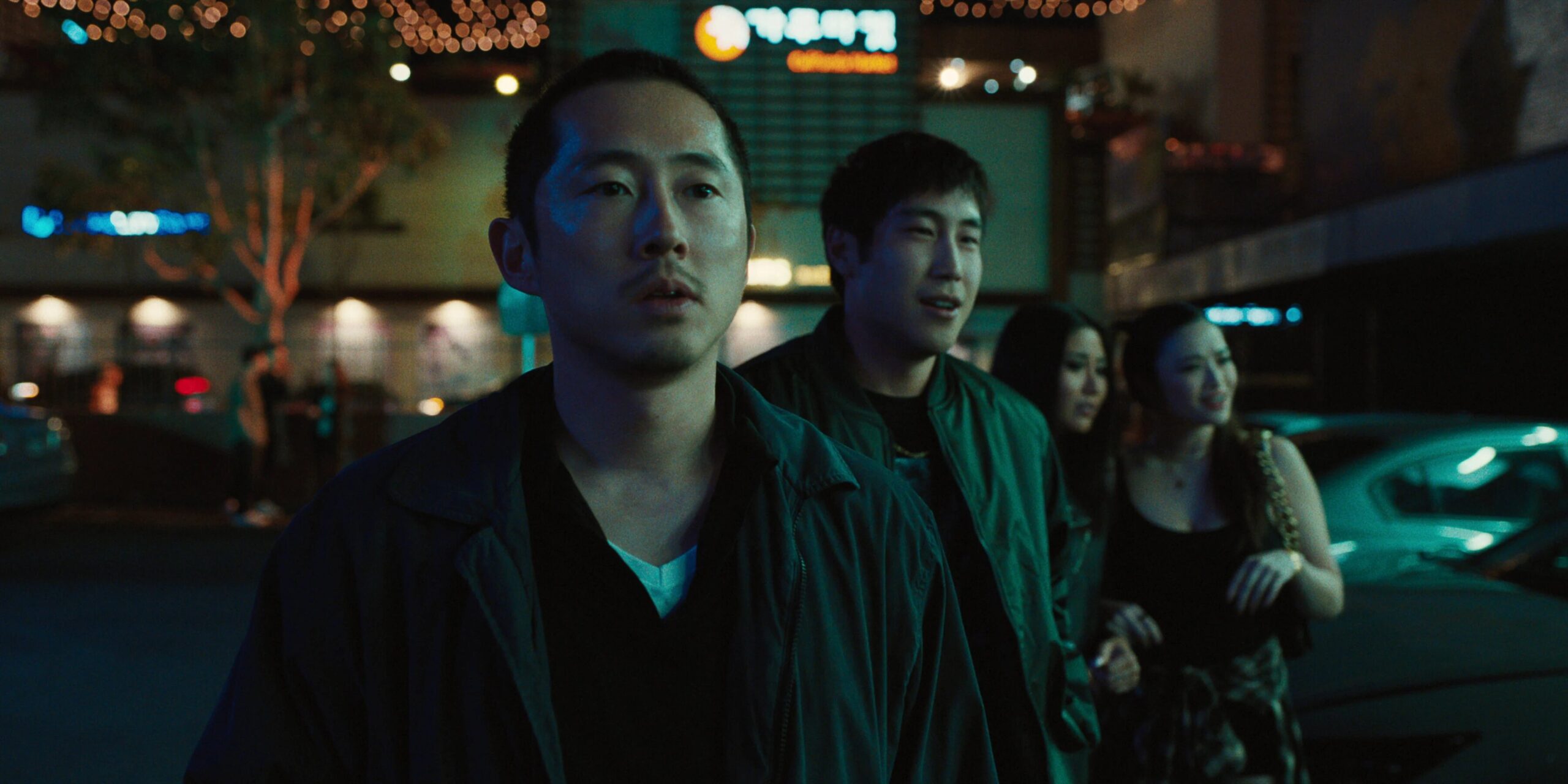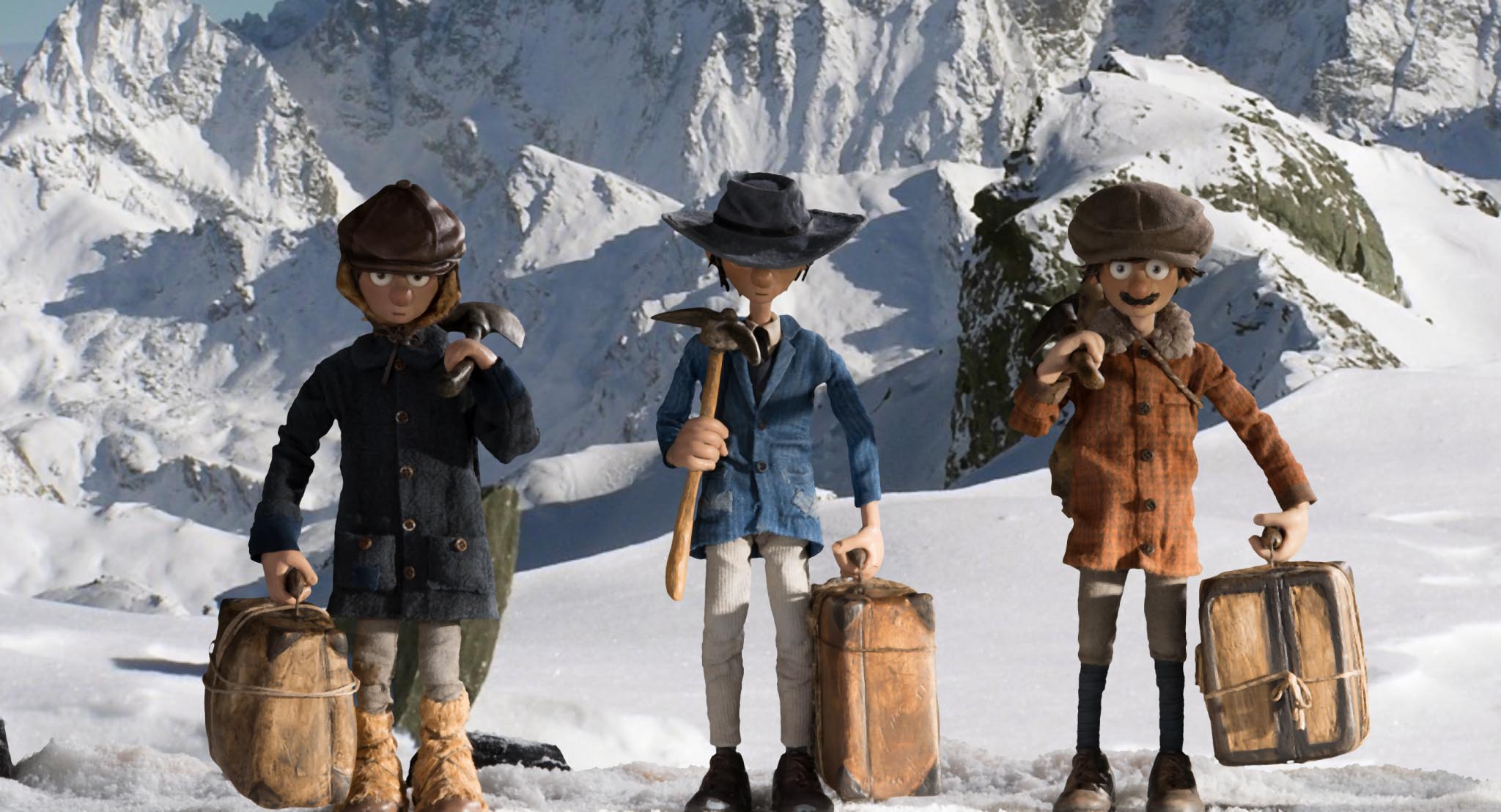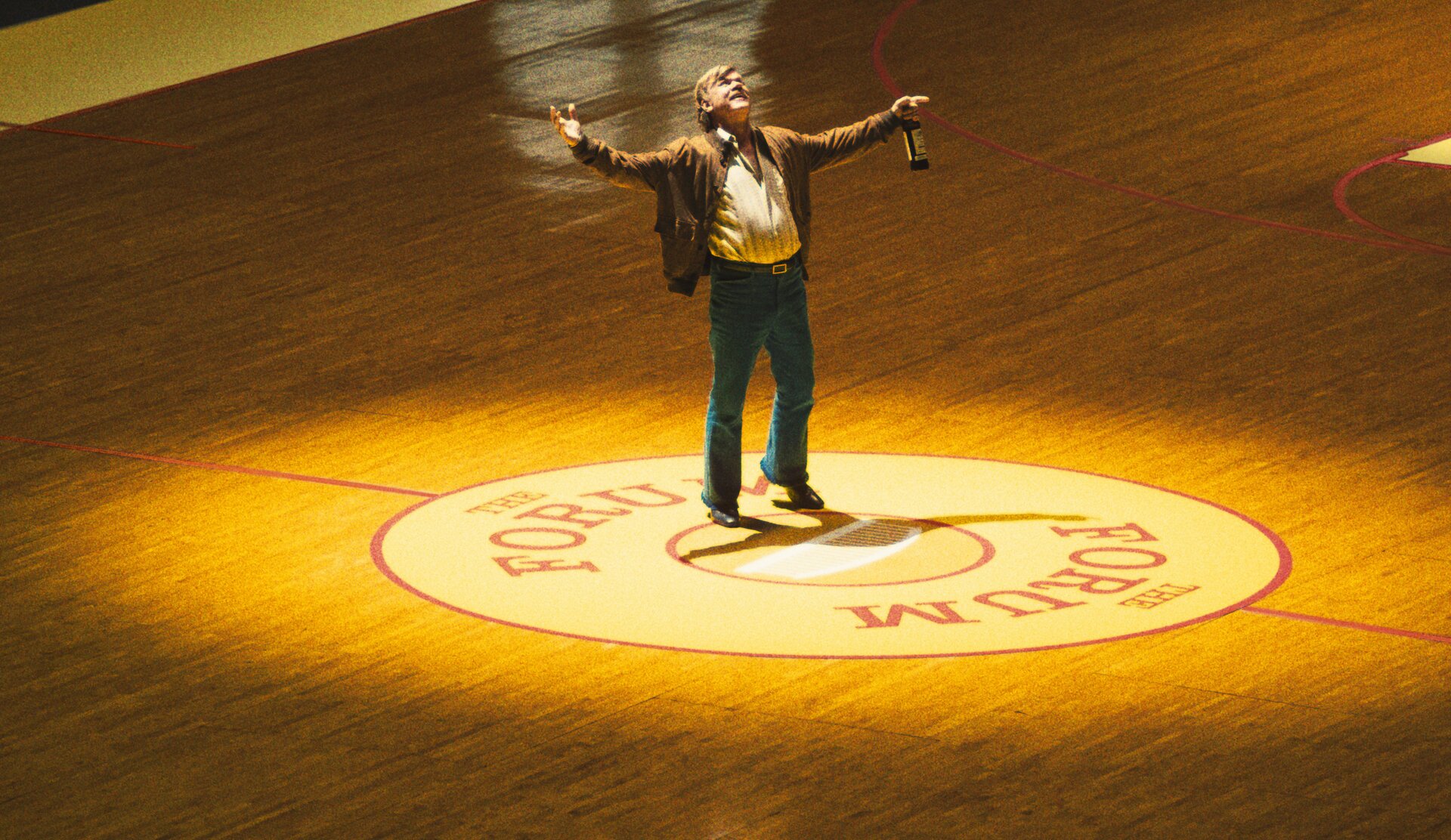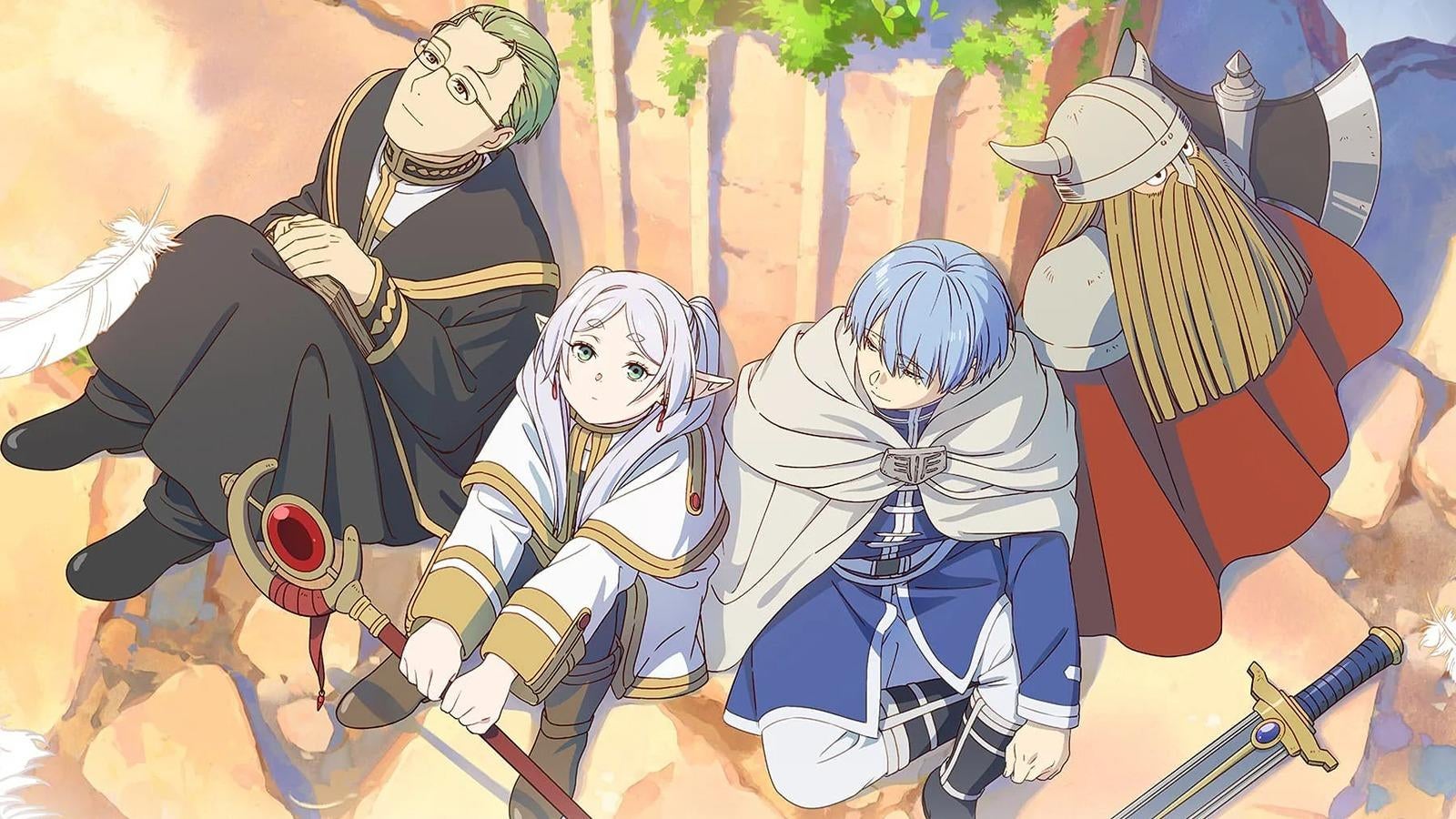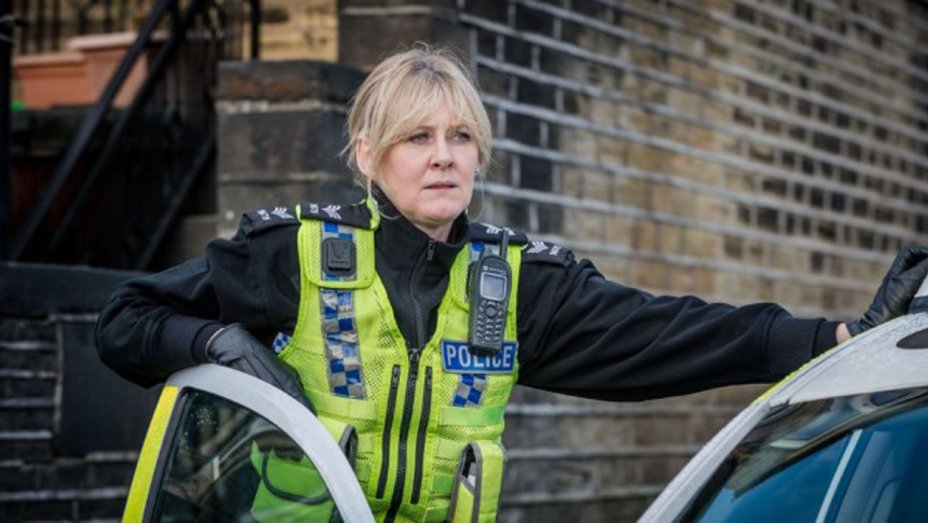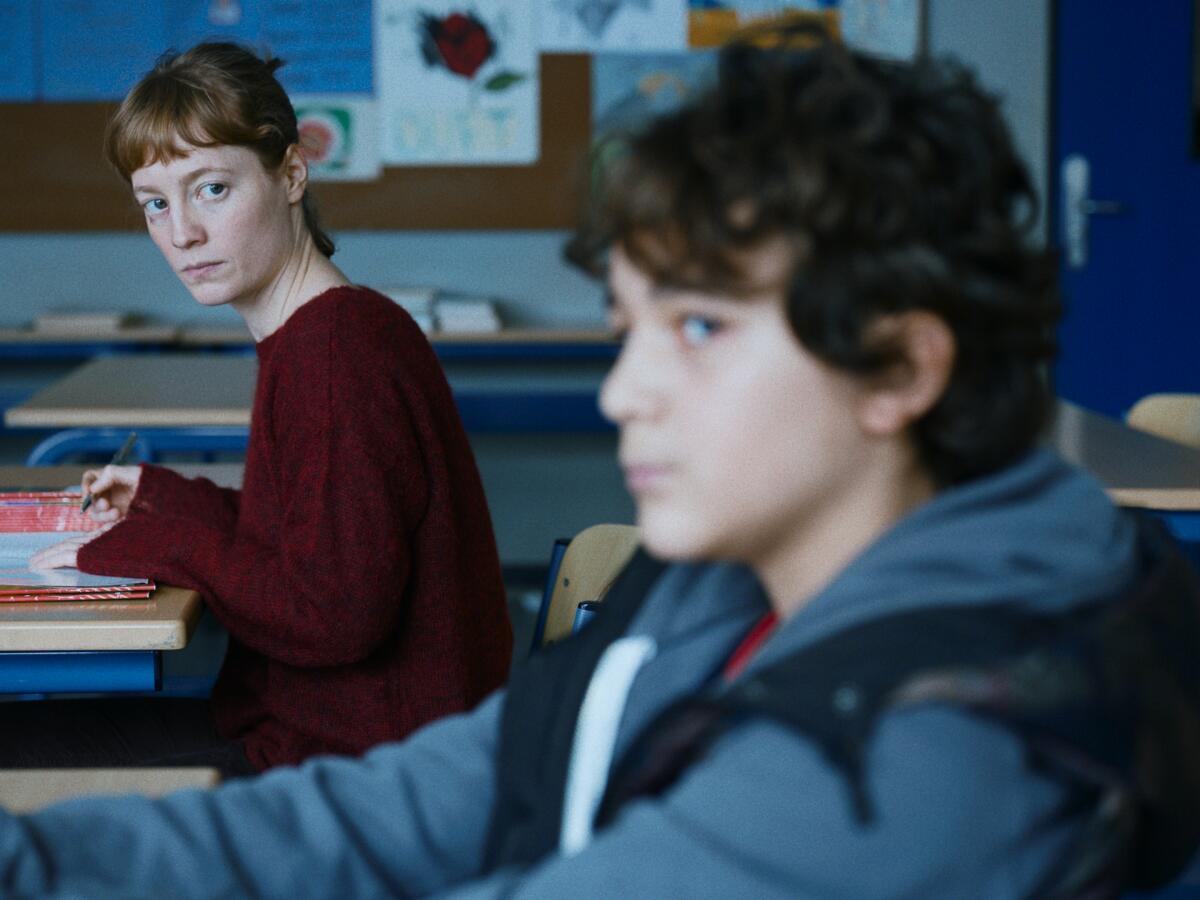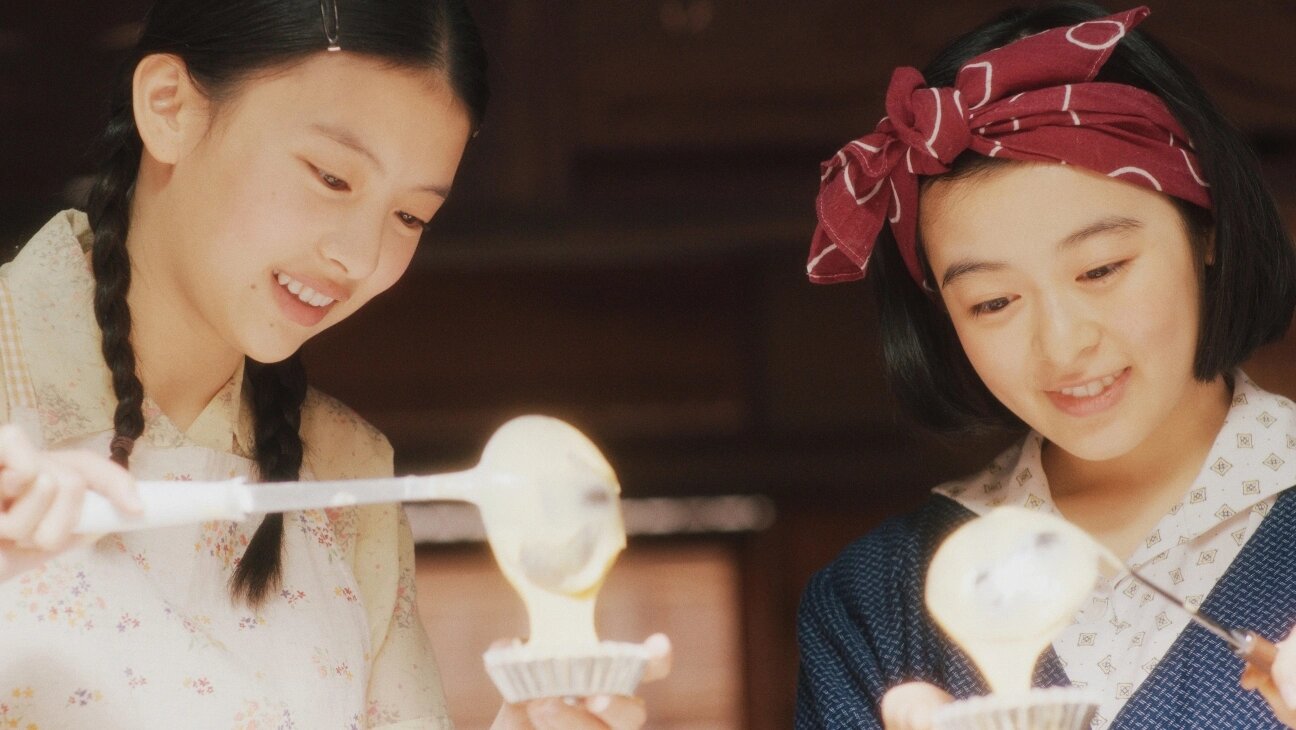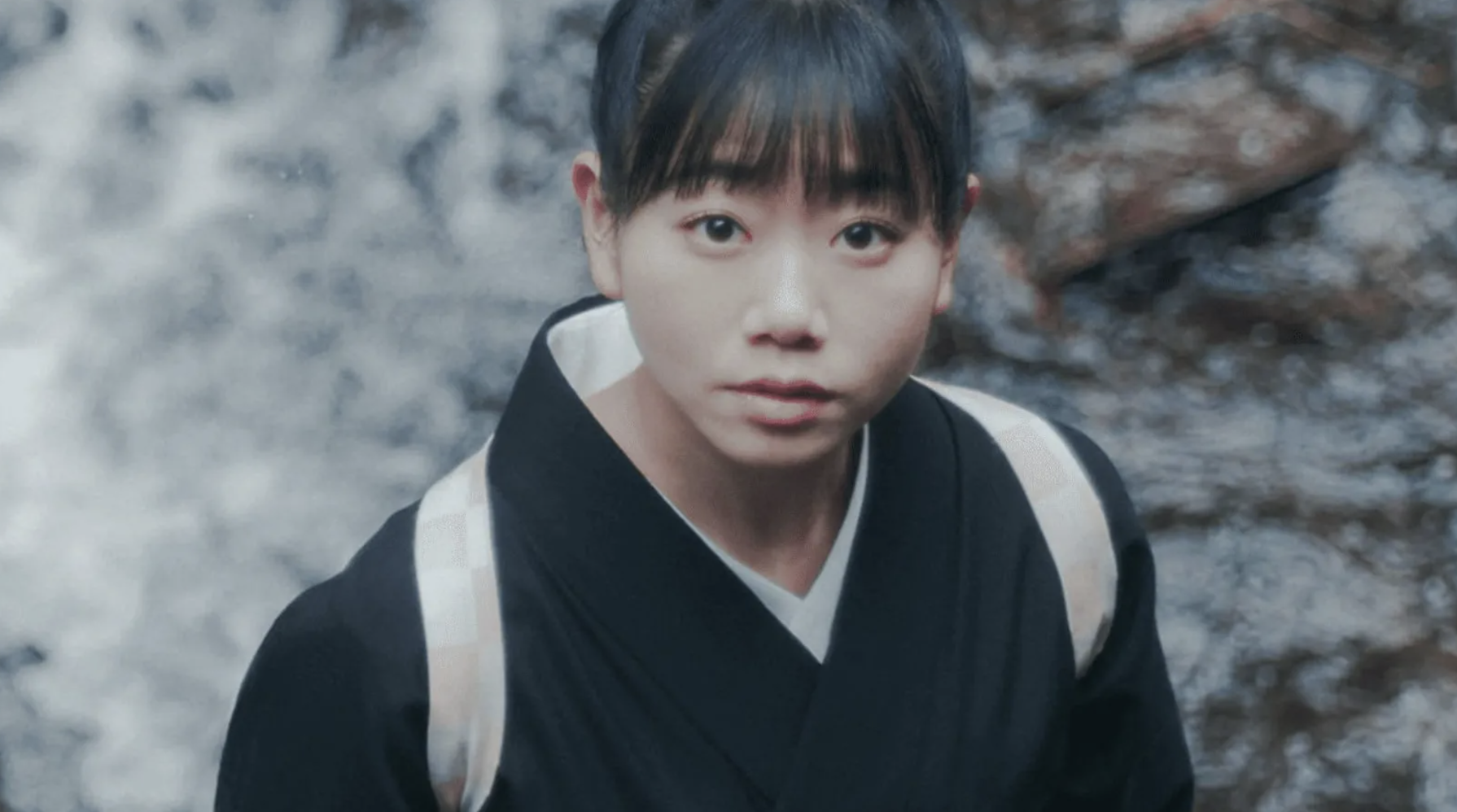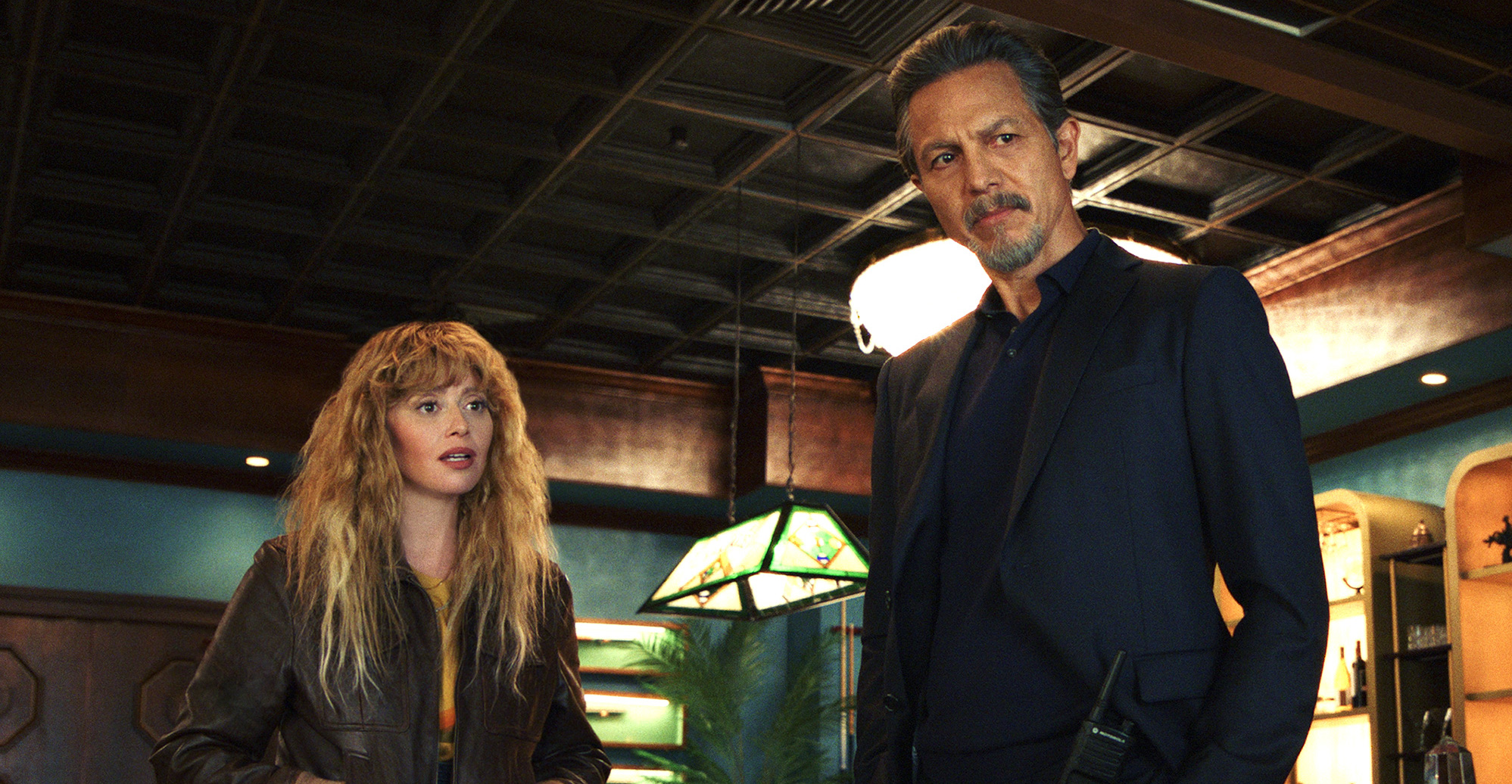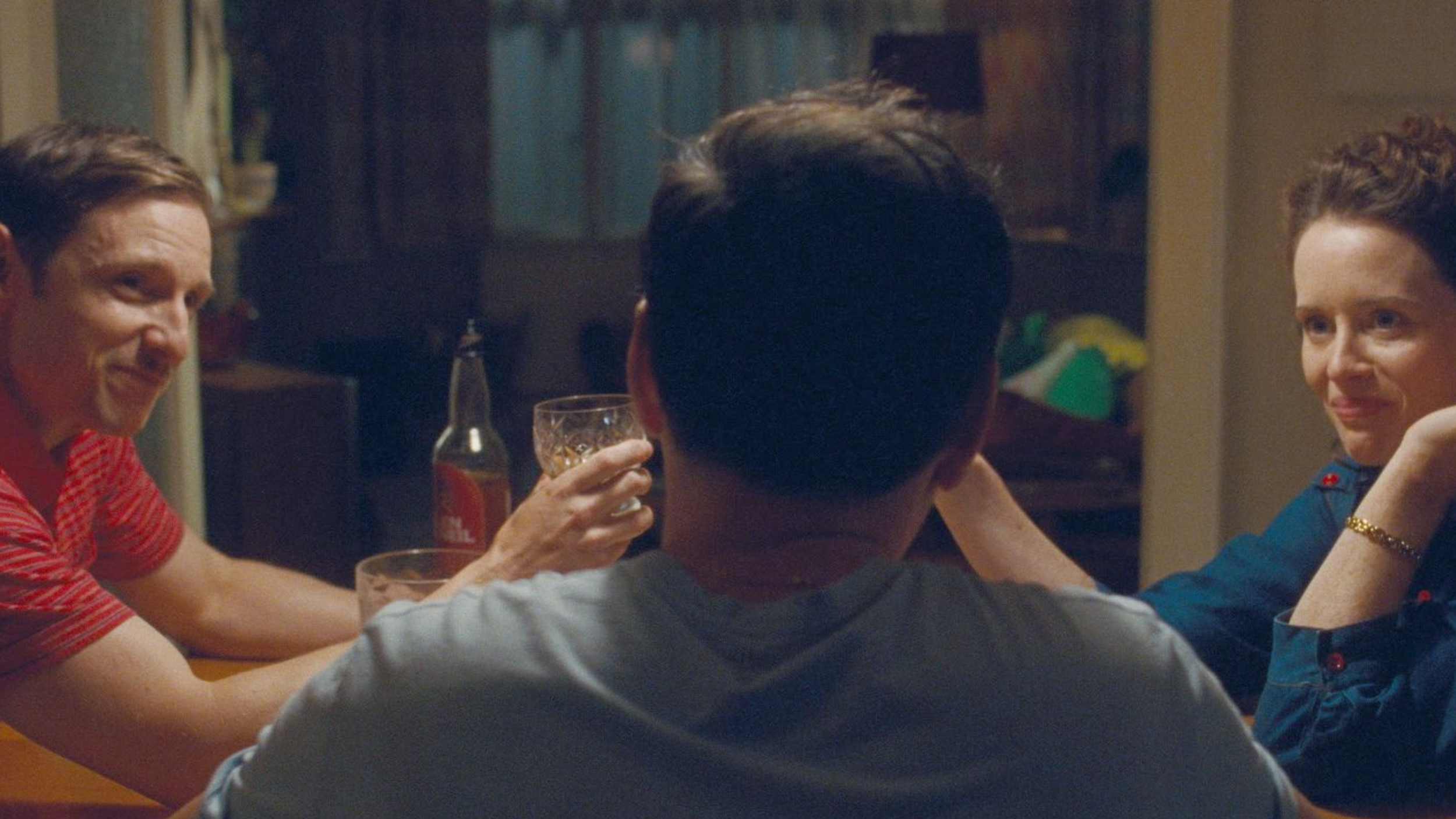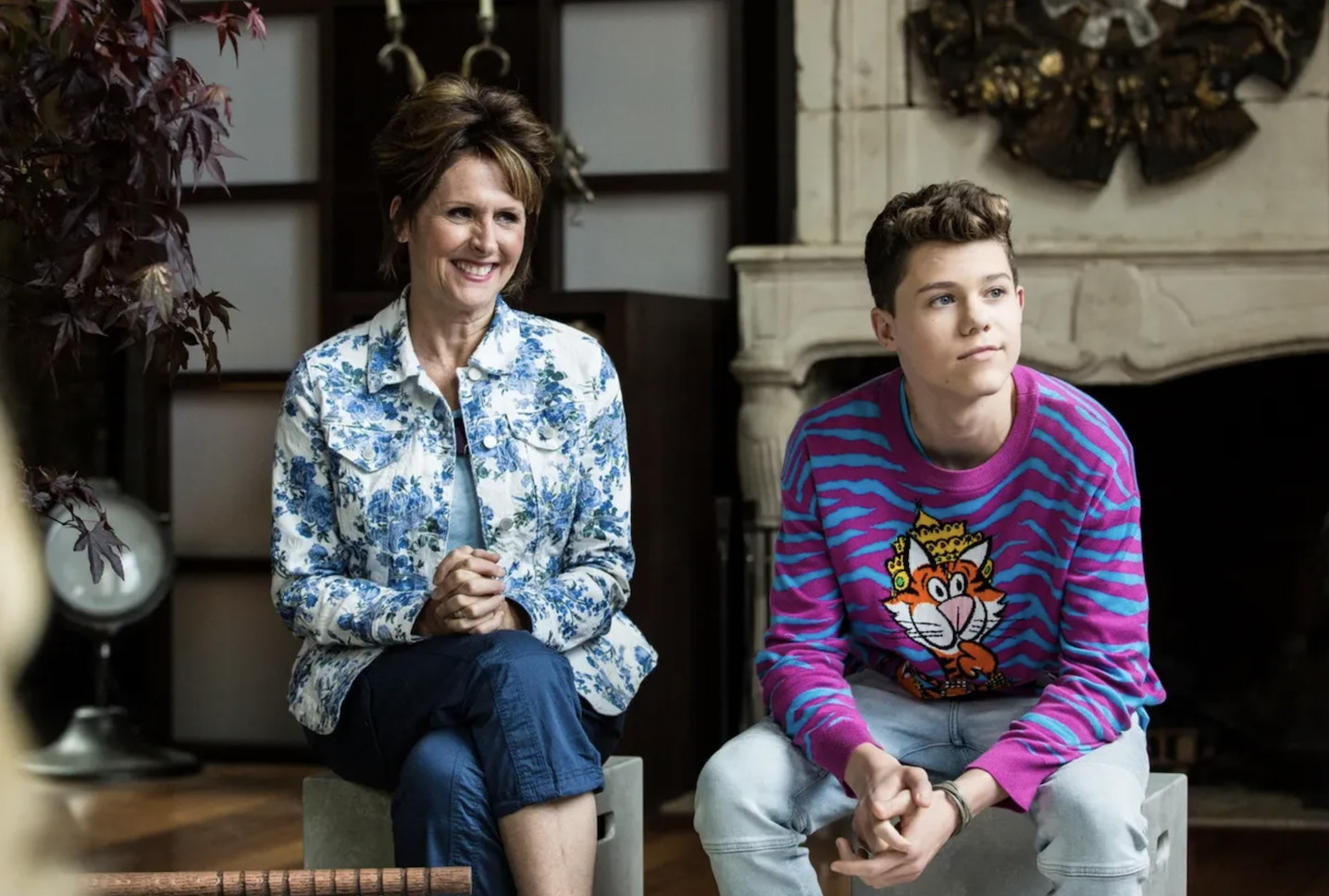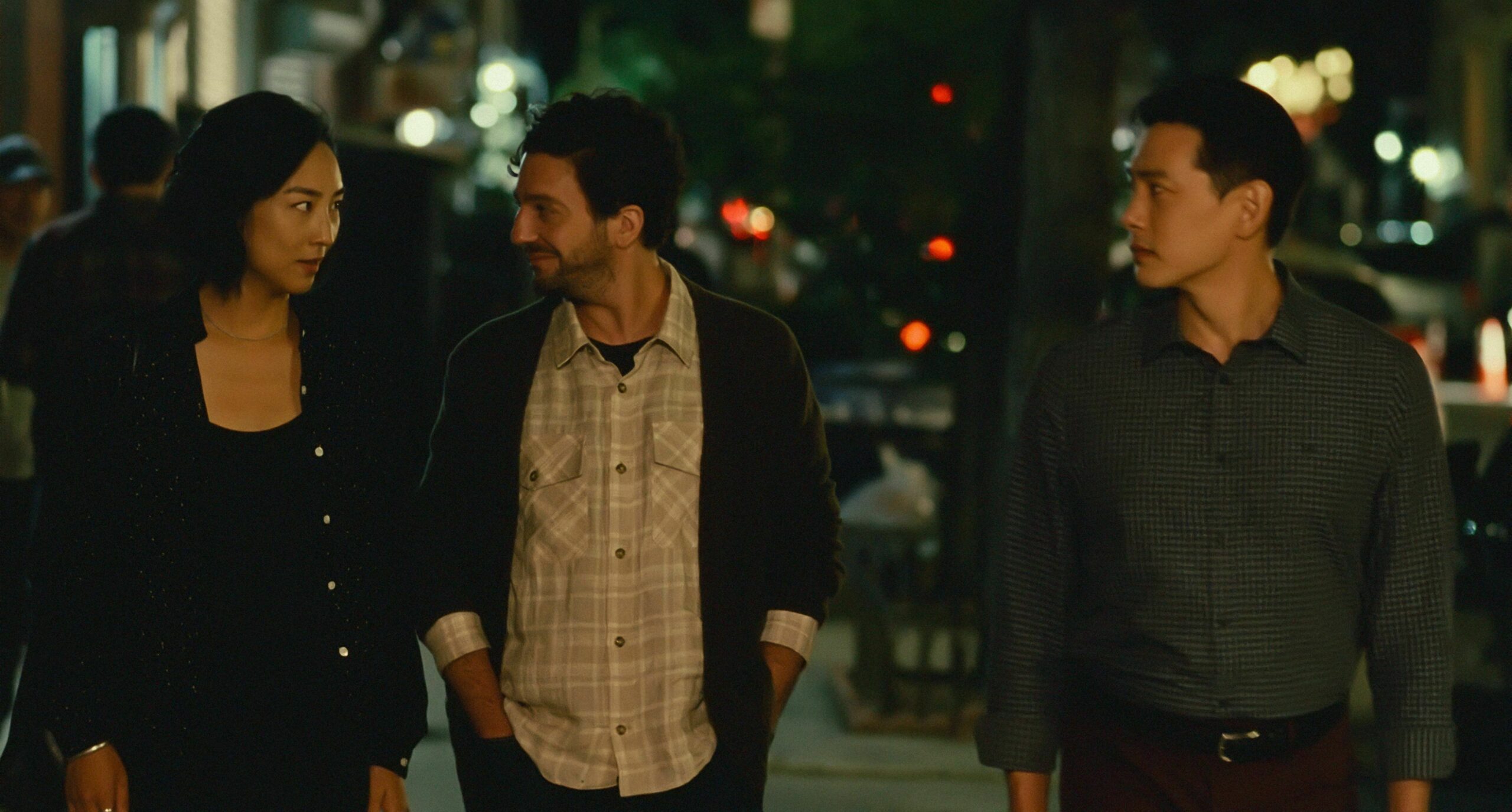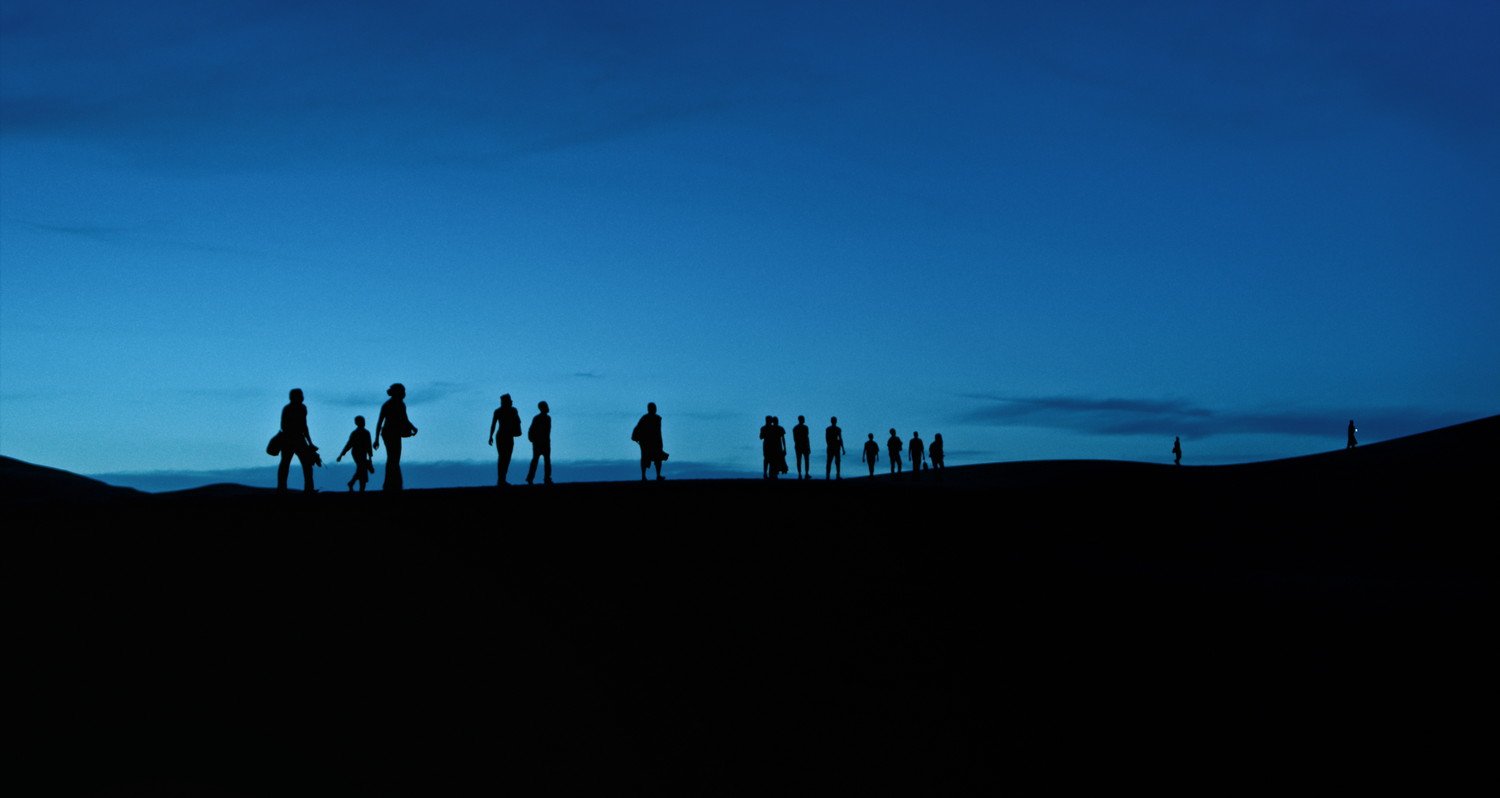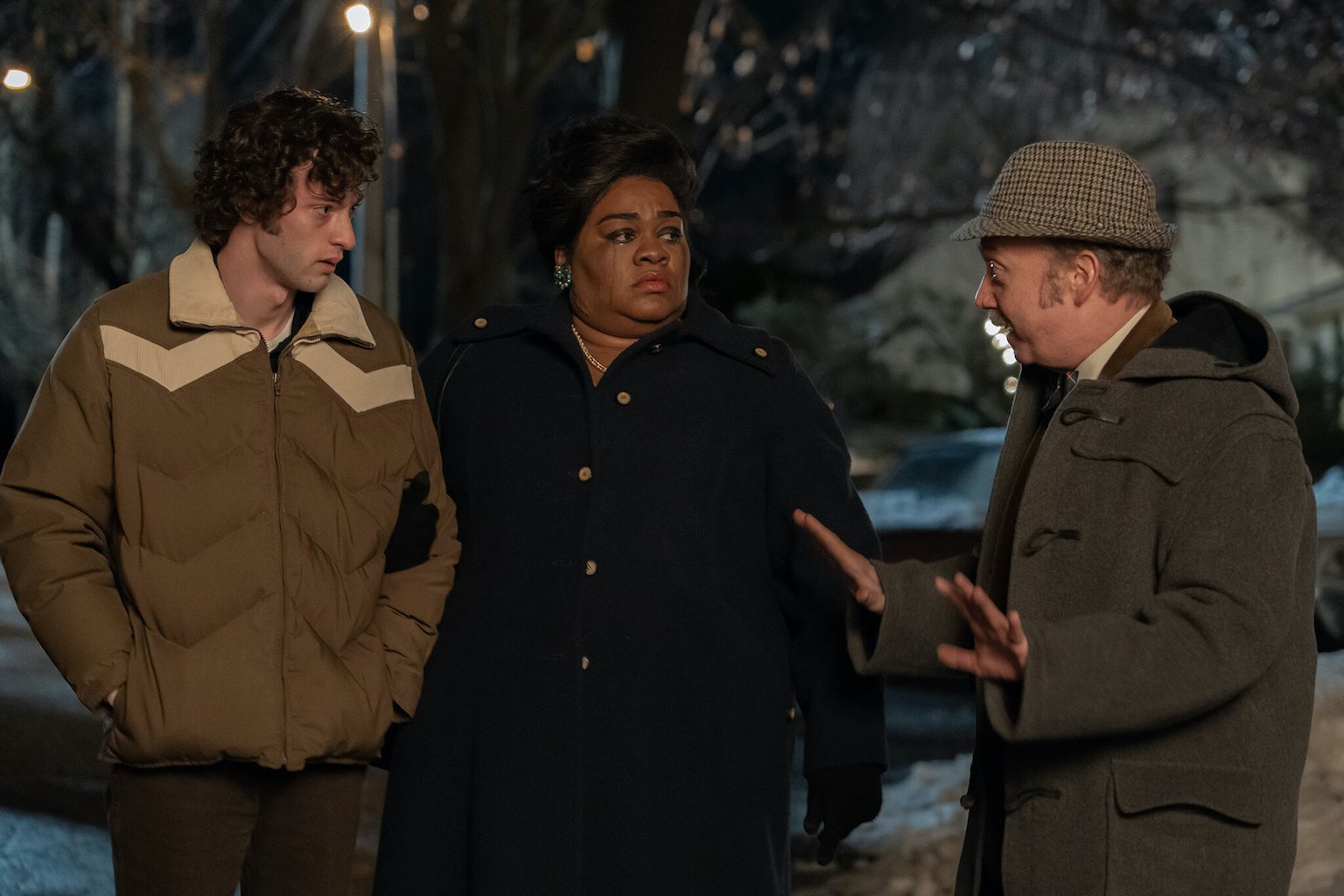Of all the Christmas-set films to have come out over the last couple of months that were, inexplicably, about grief and regret (you'd be surprised by how many there are), The Holdovers easily outdoes its contemporaries by being confident enough to just sit with its characters. Like the best of director Alexander Payne's other films, there are no melodramatic crescendos or overcomplicated metaphors; there are only flawed individuals going about their lives, occasionally noticing the things that bind them together. Payne's gentle touch means the characters (and the audience) aren't forced to "solve" their grief, but allowed to come to terms with it in their own way, with each other.
Payne evokes the film's 1970s setting through a muted color palette and analog—almost tactile—sound design, giving warmth to this New England despite all its snow and chilly interiors. It's understandable that these characters are similarly cold to each other on the surface at first, but they manage to thaw the ice simply by taking the chance to listen to each other's pain. It's the kind of film in which relationships develop so gradually, that you hardly notice until the end how much mutual respect has formed between them when they return from their dark nights of the soul back to their status quo.
Genre: Comedy, Drama
Actor: Alexander Cook, Andrew Garman, Bill Mootos, Brady Hepner, Carrie Preston, Carter Shimp, Cole Tristan Murphy, Colleen Clinton, Da'Vine Joy Randolph, Dakota Lustick, Dan Aid, Darby Lee-Stack, David J. Curtis, Dominic Sessa, Dustin Tucker, Gillian Vigman, Ian Dolley, Ian Lyons, Jim Kaplan, Joe Howell, Jonathan von Mering, Kelly AuCoin, Kevin Daigneault, Kevin Fennessy, Melissa McMeekin, Michael Malvesti, Michael Provost, Naheem Garcia, Oscar Wahlberg, Osmani Rodriguez, Pamela Jayne Morgan, Paul Giamatti, Rena Maliszewski, Stephen Thorne, Tate Donovan
Director: Alexander Payne
Rating: R

